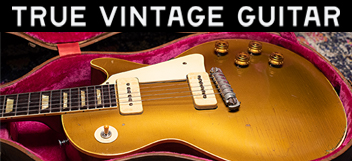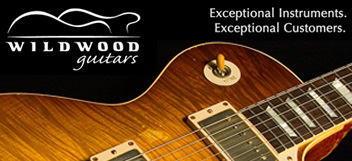Yunpac
Active member
- Joined
- Sep 27, 2005
- Messages
- 1,161
generally ugly work has problems that show up over time... you end up with cracked solder joints, cold joints, etc.
pretty work generally functions. ugly work generally has long term (or short term) problems. this isn't 100% of the time, but more times than not.
are you saying you wouldn't care if Gibsons looked like they were done by a 5 year old?
as long as the controls all worked properly- I could care less! I play guitar. I don't sit around with my backplates off admiring the tidyness of the wiring.
Amps may be a different story. I still wouldn't sit and admire the clean soldering, but It's more important for the health and function of the amp to do a good job.
The main thing that bugged me about the post was that -a lot of people post stuff around here like "Gee, I hope I get my guitar back soon. My local tech has had it for a week! I'm having him install my new p'up rings and a pickguard!"
So lame. There are very few things on a guitar that need to be done by a tech. All of these parts are direct replacements - they only go on one way! They go on the same way that you just took the old part off!
People are too afraid that they are going to break something.



